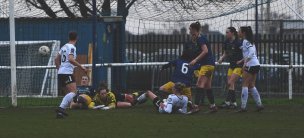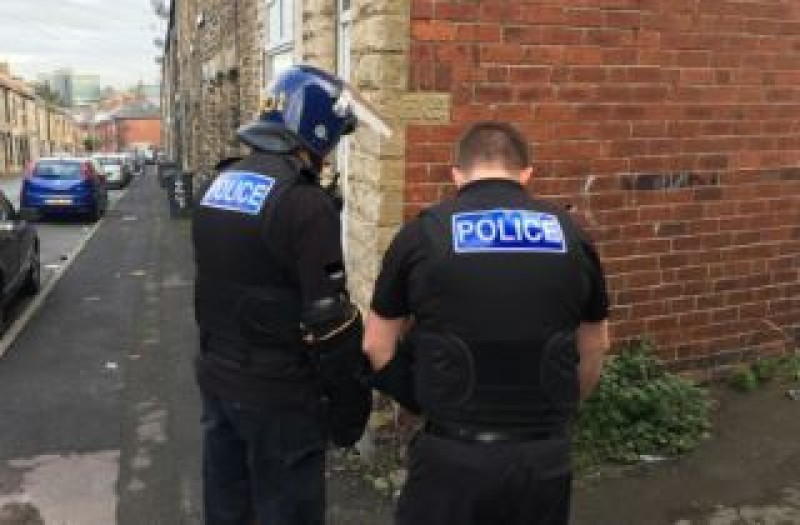TOUGH powers being used by police and the council to ‘close’ homes are proving a good tool in the battle against drug dealing dens.
Council officers and police from Barnsley’s Safer Neighbourhood Service are able to apply to magistrates to have problem houses shut, usually for three months, under the Crime and Policing Act 2014.
It means they are able to say who is allowed in the property and anyone who is not authorised to be there faces arrest and even jail.
Paul Brannan, who heads the council’s Safer Communities team, told councillors at a North Area Council meeting that joint work between his officers and the police had seen an increase in the use of ‘closure orders’, which can be put on a range of premises, from homes to phone boxes.
He said: “We’re doing quite a lot of closure orders which is where we have powers to close a premises down fully or partially and we’ve been using these for very high end problems typically associated with drug related activity.
“This year (from April 2017) we’ve used eight - six partial and two full.
“Partial closure orders we have never done before, which is where we can say who can go in. A full order is a total closure of a premises.
“They’re a good approach where properties are sometimes taken over by criminal gangs to deal drugs, preying on vulnerable tenants.”
Mr Brannan told the meeting about other action that had been taken by the team between April to December last year. He said the figures are yet to be validated.
Councillors were told 450 warnings had been issued along with 103 community protection written warnings and 44 community protection notices. Seven notices were issued to building owners asking them to deal with the poor condition of properties and three acceptable behaviour contracts were used to tackle antisocial behaviour problems.
The team also used civil injunction powers relating to antisocial behaviour. Mr Brannan added: “There were 17 of these this financial year which is more than we have done previously and that’s the benefit of working closely with the police.”
He said the team had also investigated more than 470 incidents of fly-tipping in a six month period and that work was ongoing against the town’s top ten illegal dumpers with ‘formal action’ having been taken against eight of those individuals.
“We’re moving in the right direction,” Mr Brannan said. “It’s a real challenge to manage the expectations the public have got.”
Coun Sharon Howard, who represents the Darton West ward, said people are under the impression the council is responsible for clearing up all fly-tipping, adding: “If it is on private land it is up to the owner but if they don’t, we can intervene and charge them back for the removal.”





























